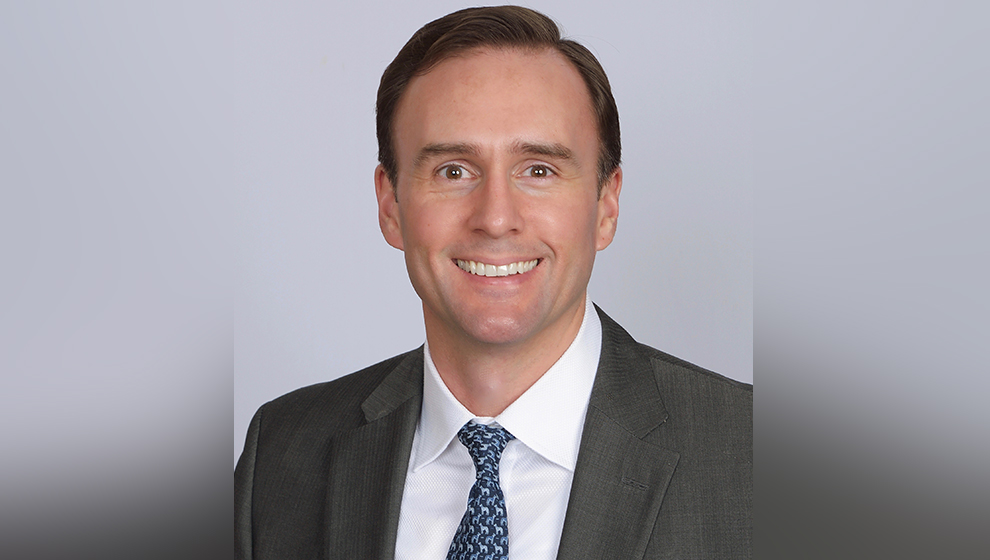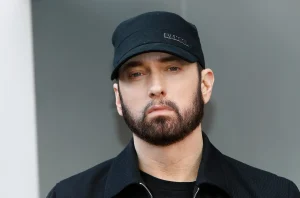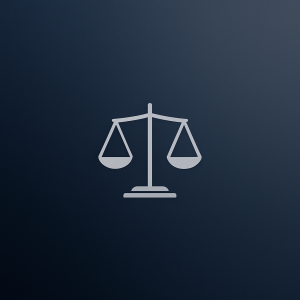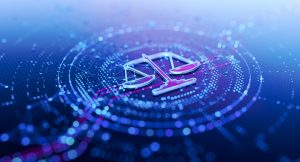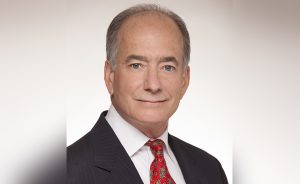To ascertain the full scope of damages involved intellectual property lawsuits, an expert opinion is often required. This month we hear from damages expert Marcus Reading, who shares the nature of the work he has conducted in this sector.
Role of the Expert Witness
The role of an expert witness is first and foremost to provide an economically sound and defensible expert opinion as to the damages suffered due to the infringement of a patent or other piece of intellectual property as governed by current laws and regulations as well as current case law and precedent. This role requires the assumption of validity and infringement as pled by the plaintiff, which may ultimately be found by the court to be not valid or not infringed.
In many instances of litigation, the value of a patent or technology is virtually never able to be established through factual, explicit evidence. It is therefore necessary for a damages expert to come in and analyse the specific circumstances and technologies at issue, and come to a reasonable, economically defensible opinion as to the value of a piece of technology or patented invention.
My Most Interesting Intellectual Property Cases
I have worked on a significant number of patent cases throughout my career. The technologies covered by the patents I have worked with include (but are not limited to) internet software, computer networking, semiconductors, oil and gas drilling technologies, internet technologies, Wi-Fi technology, cellular technology and medical devices. Throughout my career I have very much enjoyed working on a wide range of different technologies, and I thoroughly enjoy the opportunity to analyze very specific technologies in depth, and attempt to assess the value of pieces of technology that are utilised in multi-functional products containing a significant number of features – and sometimes other patented technologies.
I have especially enjoyed my work in the computer networking, cellular, oil and gas and software fields. Technologies in these industries are typically extensive and relatively complex. Assessing the value of a particular piece of technology or single feature within complex multi-feature technological products is extremely interesting and challenging.
In many instances of litigation, the value of a patent or technology is virtually never able to be established through factual, explicit evidence.
Intellectual Property Litigation Trends
IP litigation of nuanced claims of patents, as well as establishing damages suffered by any accused infringement, can be a very time-consuming and complex endeavour. US patent case rulings, and precedents providing guidelines for the approaches that will be accepted by the court, are extremely intricate and require a significant amount of time and thought to construct a sound economic opinion that complies with the current case law and guidelines required by the court.
The industry has seen an increasing number of intellectual property lawsuits filed year-over-year. It appears patent holders and businesses with patented technology are increasingly using patents and the ability to exclude competing technologies as a business strategy to create a competitive advantage in the market.
Daubert motions – motions that can be brought to challenge the acceptability of an expert witness’s opinion – have become a motion that virtually every expert witness (damages witnesses as well as technical expert witnesses) must deal with in every case today. These motions ask the judge to decide whether or not a portion or all of the opinions of an expert will be allowed to be presented to the jury during trial. These motions used to be relatively rare and reserved to challenge the most radical opinions. Today, however, these motions are used on a very regular basis as part of litigation strategy in virtually every case.
Additionally, courts have recently been moving toward requiring experts to rely more and more on explicit facts and evidence produced in litigation. Expert opinions are very heavily scrutinised by the courts, specifically through the Daubert process, and courts appear to be moving towards disallowing portions of expert opinions that are not explicitly based on facts established by specific evidence produced in the specific case. This can sometimes lead to exclusion of reasonable economic, business and negotiation principles due to the lack of specific evidence supporting some of these concepts, even though in a real-world business negotiation many of these principles would likely be considered given the circumstances and/or lack of any other specific information. These trends can create substantial challenges for damages experts in forming reasonable, experienced opinions.
Courts have recently been moving toward requiring experts to rely more and more on explicit facts and evidence produced in litigation.
Rise of Trademark Infringement
With the increase in competition in the market in today’s economy, companies that own copyrights and trademarks must be extremely diligent in monitoring the market for potential infringers and be willing and able to quickly move to protect their intellectual property.
I recently worked on a trademark infringement case assisting a local business that was experiencing a direct competitor infringing their trademark. This infringement caused significant confusion in the market with my client’s customers, to the extent that my client’s customers were accidentally calling the competitor for follow-up. The amount of damage done to my client in terms of market recognition was extremely significant in a very short amount of time due to the infringement of its trademarks. Fortunately, my client was able to prevail in forcing the competitor to immediately change its name and logo.
Role of Experts in Trademark Cases
The role of a damages expert in a trademark case is similar to that in a patent case, in that a damages expert is asked to provide an opinion of the appropriate amount of damages suffered by the trademark holder as a result of infringement of the trademark at issue. The opinions here, just as under a patent infringement claim, are guided not only by trademark law but also by court precedents and sound economic principles.
The remedies for trademark infringement in the United States consist of (1) the trademark owner’s lost profits, (2) disgorgement of the infringer’s profits or (3) a reasonable royalty. In my experience, it is typical that in trademark infringement cases, plaintiffs typically claim disgorgement of the infringer’s profits.
Georgia-Pacific is a methodology that was established by the US courts in 1970 in Georgia-Pacific Corp. v United States Plywood Corp., 318 F. Supp. 1116 (S.D.N.Y. 1970). The Georgia-Pacific v US Plywood case describes a “hypothetical negotiation” which “attempts to ascertain the reasonable royalty upon which the parties would have agreed had they successfully negotiated a license agreement for rights to the patent(s) at issue, just before infringement began”. Under the hypothetical negotiation, the Georgia-Pacific case set forth 15 factors that the courts require to be considered when determining a reasonable royalty rate. The Georgia-Pacific factors are widely recognised and acknowledged by the federal courts and damages experts as an appropriate methodology to assist in the determination of reasonable royalty damages in patent infringement cases.
[ymal]
Compared to the Georgia-Pacific analysis that is typically required to assess damages related to patent infringement, a disgorgement of profits analysis is typically a simpler analysis of the infringer’s profits. It is a much less complex analysis to determine disgorgement of profits under a trademark infringement matter, as opposed to a full Georgia-Pacific analysis in the context of a patent infringement case.
Conclusion
Given the complexity and ambiguities of assessing the value of technology, patents and intellectual property in the context of litigation, and withing complex multi-featured products, the role of the damages expert witness will almost always be required. This role will always, to some degree, require opinions of the expert in order to provide the court with information that is necessary in order to property consider and rule on infringement of intellectual property claims and to properly compensate intellectual property holders when their IP has been infringed.
Marcus D Reading, Founder
3267 Bee Cave Road, Suite 107-324, Austin, Texas 78746
Tel: +1 512-806-7610 | +1 512-826-2340
E: marcus.reading@intellionanalytics.com
Marcus Reading is the founder of Intellion Analytics, having previously managed the intellectual property litigation practice at Applied Economics Consulting Group and worked in FTI Consulting’s intellectual property practice. He holds a Bachelor’s degree in Economics with Mathematics from Hampden-Sydney College and a Master of Business Administration degree from the McCombs School of Business at The University of Texas in Austin. He is also certified by NACVA (the National Association of Certified Valuation Analysts) and holds a CVA (Certified Valuation Analyst) designation. He is a member of the Licensing Executive Society (LES) and holds a CLP (Certified Licensing Professional) designation issued by this organisation.
Intellion assists law firms and corporate clients to develop economically sound and defensible damages analyses, arguments and strategies. The firm works with clients throughout all stages of the litigation process, including pre-suit assessments, discovery, document requests, interrogatory questions and responses, financial and marketing witness support, trial preparation, settlement analysis and trial strategies.



